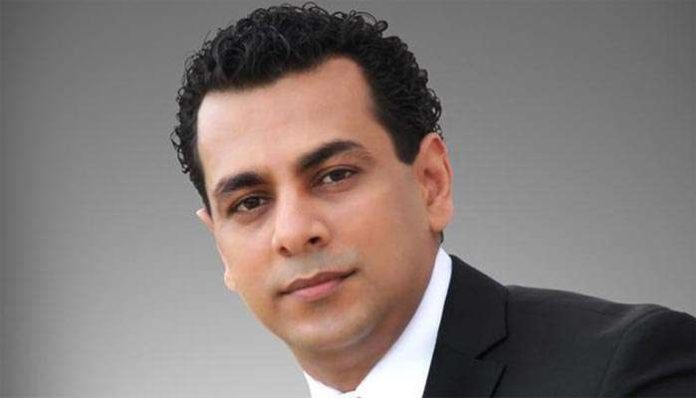The Court of Appeal dismissed an interlocutory petition submitted by the Sri Lanka Broadcasters’ Guild seeking to intervene in an appeal filed by the Hiru TV against a decision made by the Right to Information Commission.
The Guild filed the motion in support of Hiru TV, challenging the Commission’s ruling that the Hiru Media Network qualifies as a “public authority” under the Right to Information (RTI) Act.
The case originated from a citizen’s request for information from the Hiru institution, which allegedly went unanswered. The citizen then appealed to the RTI Commission. Upon review, the Commission determined that Hiru TV constitutes a public authority and ordered the release of certain details. These included the identity of the editor responsible for a specific news story but excluded information on how the institution had benefitted from the coverage.
Following this ruling, the Hiru TV lodged an appeal with the Court of Appeal. Subsequently, the Sri Lanka Broadcasters’ Guild — of which Hiru is a member — sought permission to intervene in the appeal by submitting a separate petition.
The interlocutory petition was heard before Justices R. Gurusinghe and Dr. Sumudu Premachandra.
President’s Counsel Jagath Wickramanayake, appearing for the Broadcasters’ Guild, made extensive submissions arguing that the Guild should be granted leave to intervene in the matter.
However, Attorney Suren D. Perera, appearing for the citizen who filed the RTI request, along with attorneys Nureka Rodrigo, Hiruni Perera, and Manushika Cooray, objected to the intervention. They argued that the Guild had no legal standing to be admitted as an intervening party.
Delivering its ruling this morning (23), the Court of Appeal announced its decision to reject the Broadcasters’ Guild’s petition.
The main appeal filed by Hiru TV is scheduled to be heard on 17 September. (Courtesy: News19)





